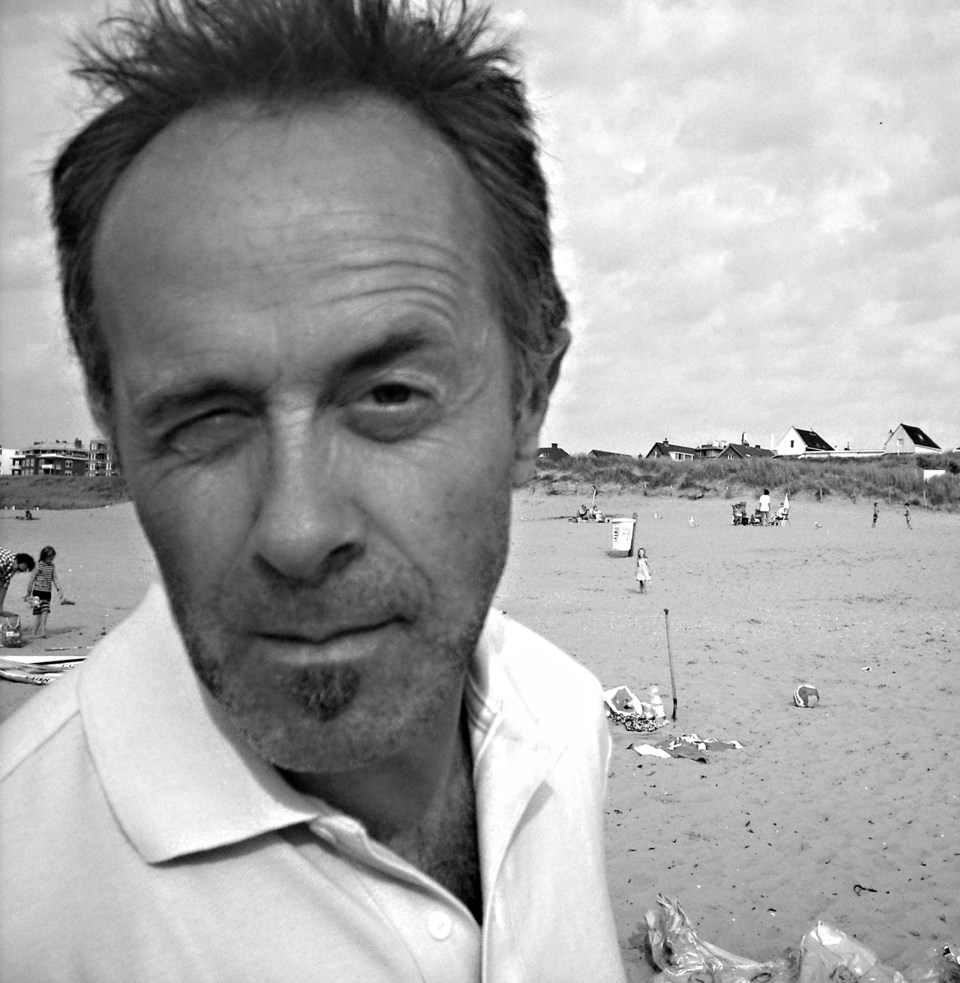As of late, the Netherlands’s proximity to the UK has pushed Europe’s Low Lands into a first-responders type of role against anti-European Brits trying to spread a mutation of the Brexit virus. For this reason, the March 15 election was widely reported on and followed closely, even here in Canada.
Would the virus prove contagious enough to jump the North Sea? And if so, would these bicycle-riding cheese eating tulip growers with their down-to-earth and practical-approach-to-life be immune to it? If not, could it lead to a Nexit? How potentially disastrous would this be for the Netherlands, for Europe as a whole?
While I did share that concern with political pundits here in Canada, I understood that there are safeguards in place in the Netherlands that don’t exist in Canada and the US.
The difference is in a not-so-small-detail: since 1917 the Netherlands has used a system of proportional representation in their elections. This ensures that no unfair advantage is given to any political party: a party cannot get 100% of the power with less than 50% of the vote. It also ensures that the number of wasted votes is minimal, and that there is no need for strategic voting. You can vote for your party of choice without having to worry about it “going to waste.”
Consistently high levels of voter turnout prove the worth of this system. In the Netherlands voter turnout has never been under 73 per cent and since 1971, the average turn-out is 80 per cent of the population. In the election this March, 82 per cent of citizens, 18 years and over, cast a ballot.
I say ‘citizens’ here, because in the Netherlands you are automatically ‘registered’ as voter at age 18 and voting is not mandatory.
Personally, I trusted the folks of the Netherlands to make a sensible decision. Still the fact that the far-right Party for Freedom with its bleached blond leader did become the second largest party was a legitimate concern. Yet even if it had become the largest political party in the Netherlands, without a 51 percent majority, the Party of Freedom would run into a second line of defense: it would still need to work together with other parties to form Government, and as third defense, no party was willing to do so.
The election results brought relief but also encouragement. Young voters voted for their future giving the Greens (GroenLinks) 9 per cent of the vote. Thanks to the plain and simple rules of proportional representation, 9 per cent of parliamentary seats were then given to the Green party.
I am very grateful for proportional representation as it has kept a one-man party with a one-page election platform from receiving the unfair advantage he and his party would have received under First-Past-the-Post system. Yet, it is exactly this serious problem with First-Past-the-Post that gave our neighbours to the south a president who ... well, we know the story. When it comes to Canada and its provinces, First-Past-the-Post is, at best, eroding Canadians’ faith in democracy. Again, voter turnout is a good indicator: for decades, roughly 70 per cent of British Columbians cast votes in provincial elections. In 2001, this started to decline and in 2009 voter turn-out was down to 51 per cent. In 2013, it was up, but only slightly to 55 per cent. The numbers for Canadian federal elections tell the same story.
So will we continue with First-Past-the-Post? Not only does it fail the safety test, it also deprives our society of new ideas and fresh energy that new parties bring into the political arena. First-Past-the-Post frustrates the process of political renewal and slows down necessary changes to the point of desperation. This is on full display here in British Columbia where we see crisis management, instead of thoughtful planning for the future. Not surprisingly large political donors stand to benefit, while most of us lose out.
It will soon be time to cast your vote and I hope that you do. Decide what is important to you, get the right numbers for your riding, and vote for something that will pay off with every election to come. Whoever wins, let’s hold them accountable for making all future elections better for our democracy by demanding a change to proportional representation.
Anton van Walraven was transplanted to Bowen Island from the Netherlands too late in life to be healthy. He still dearly misses the bicycle he left behind.



